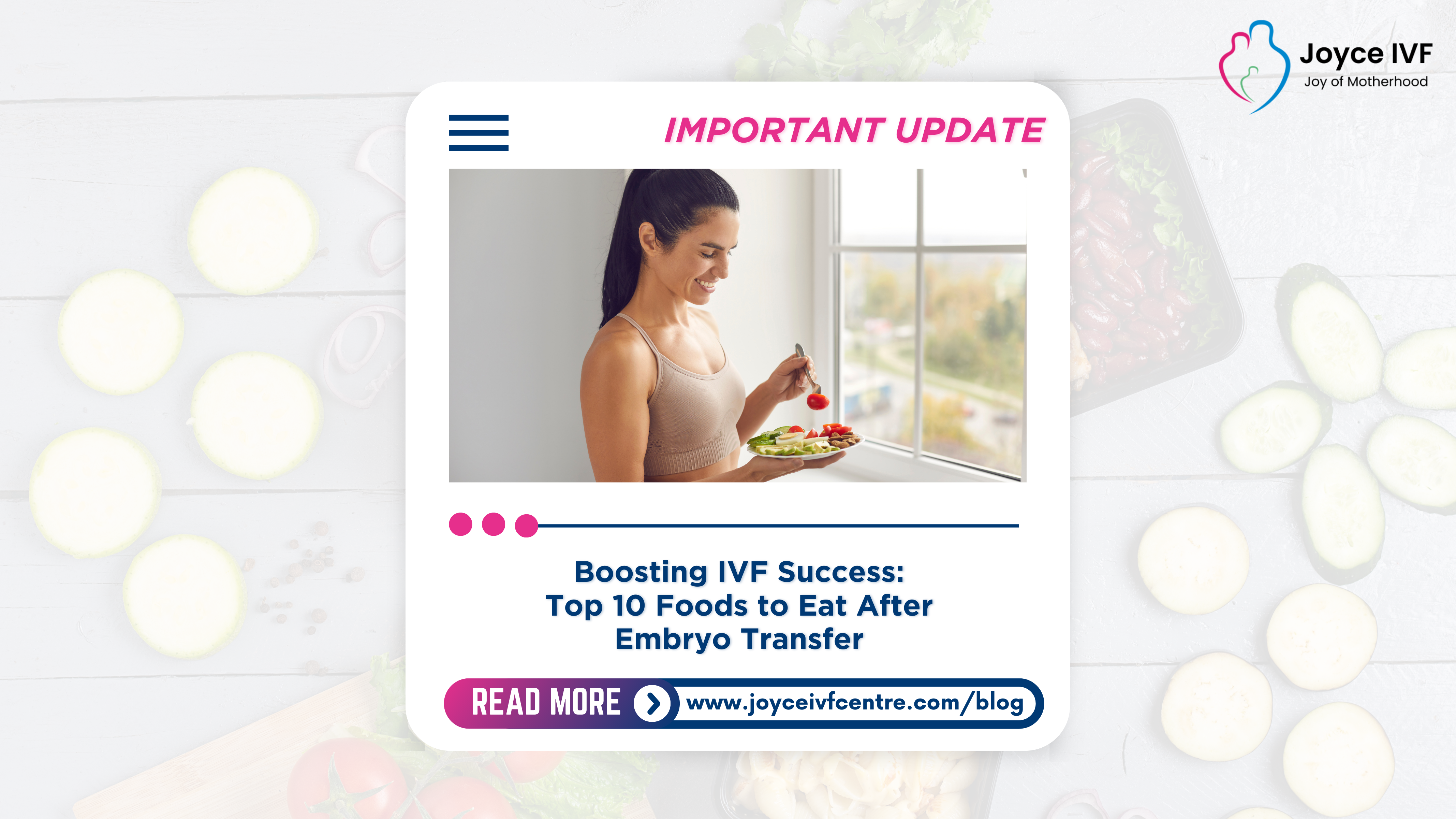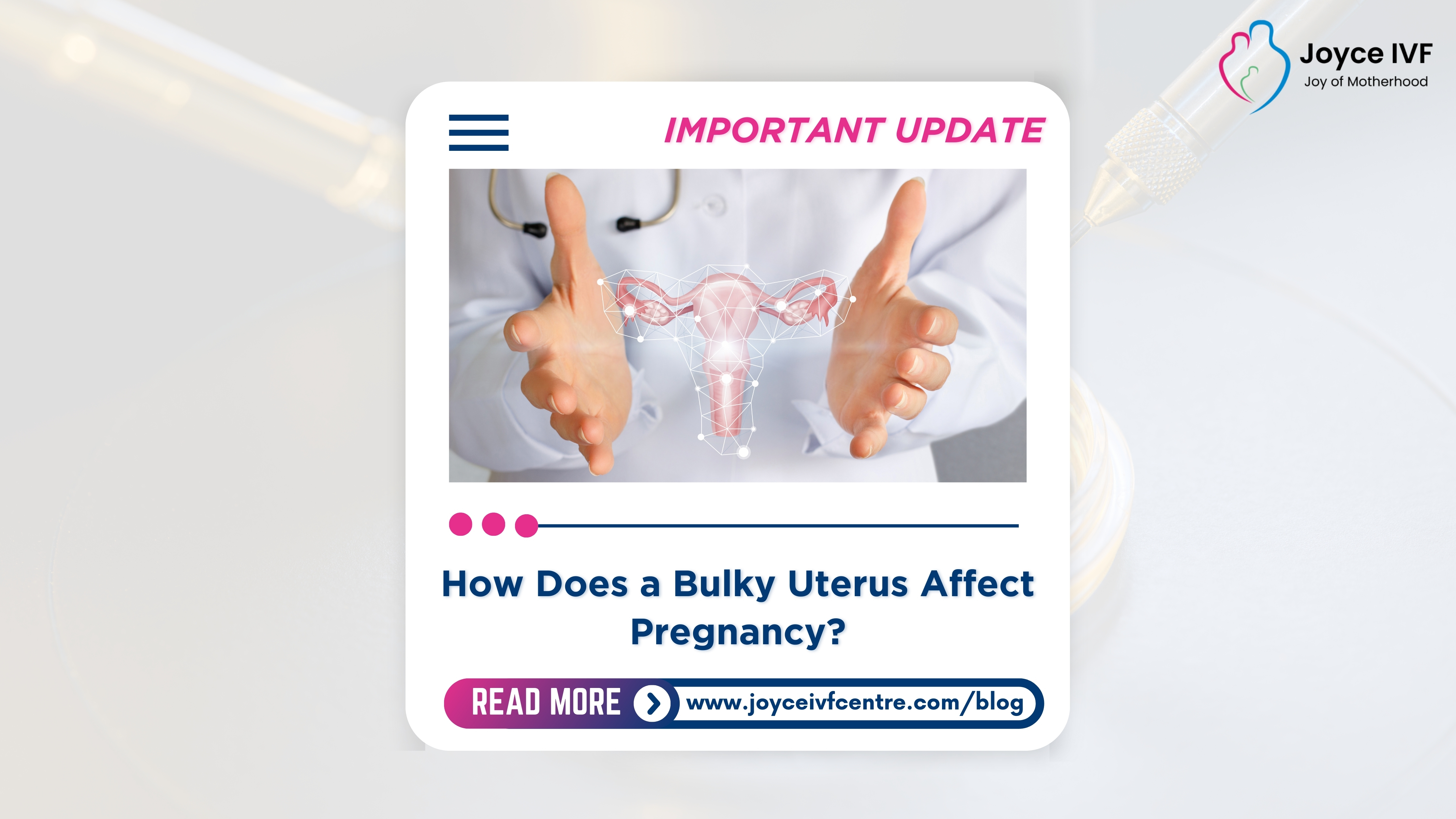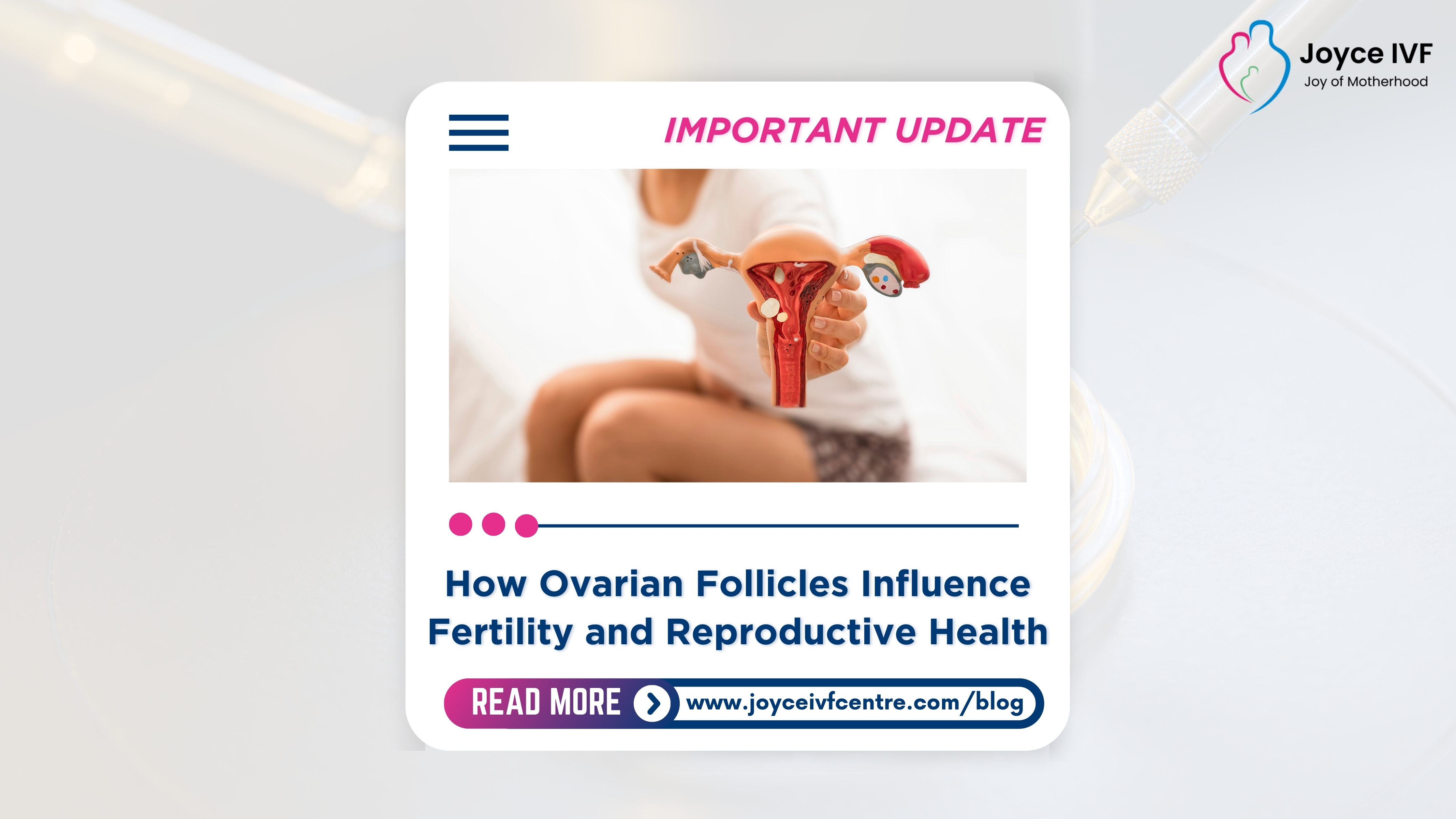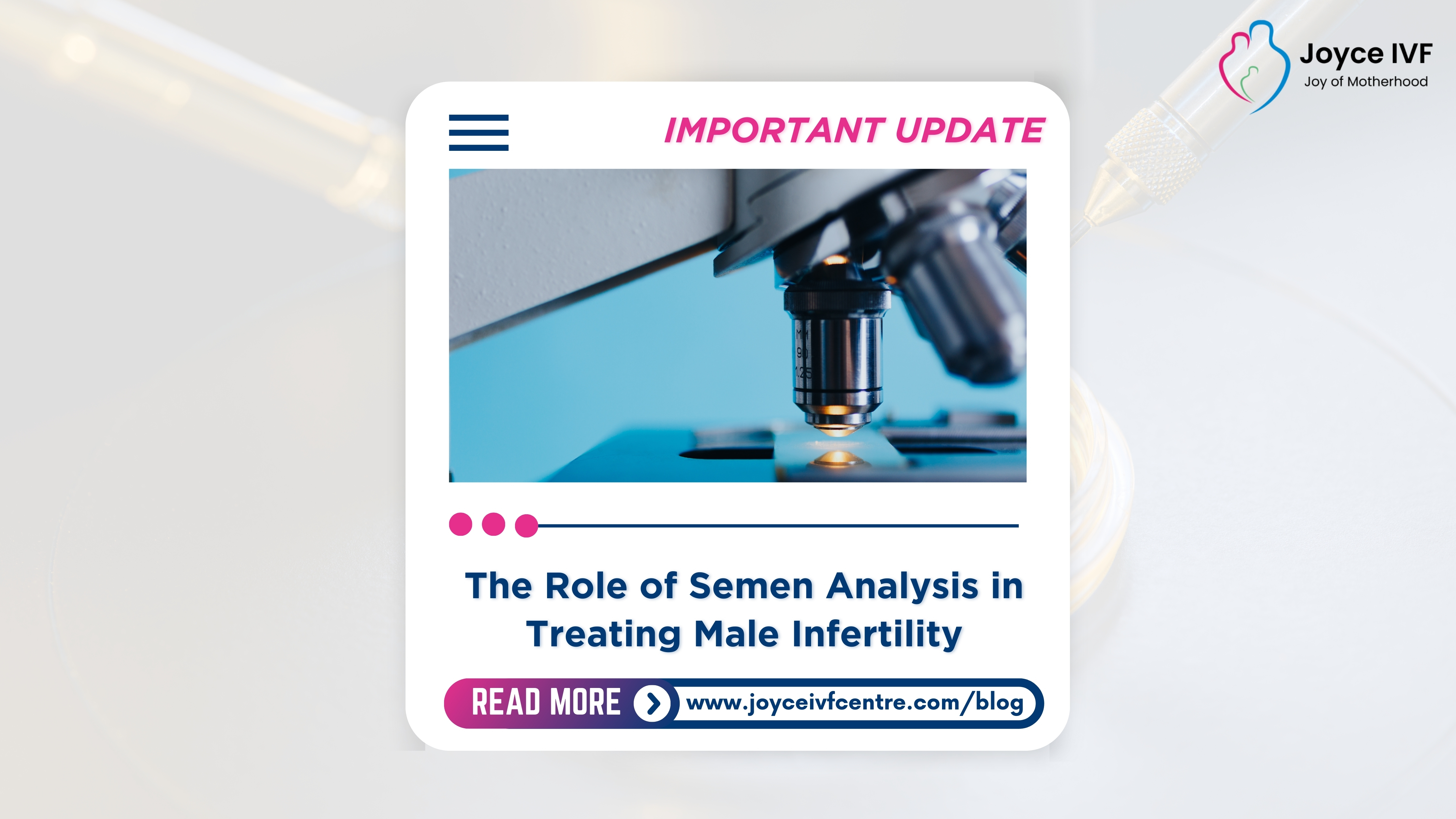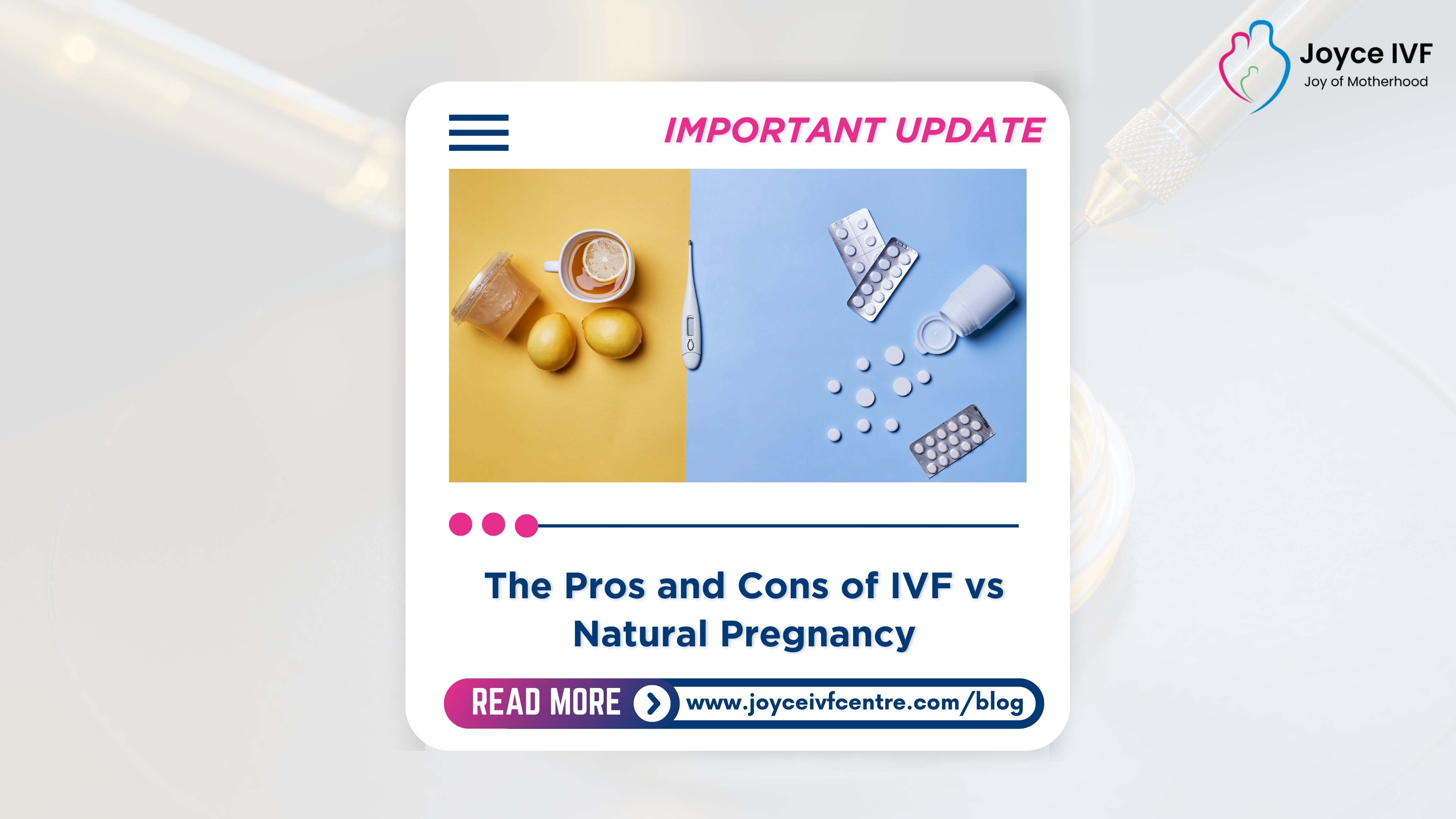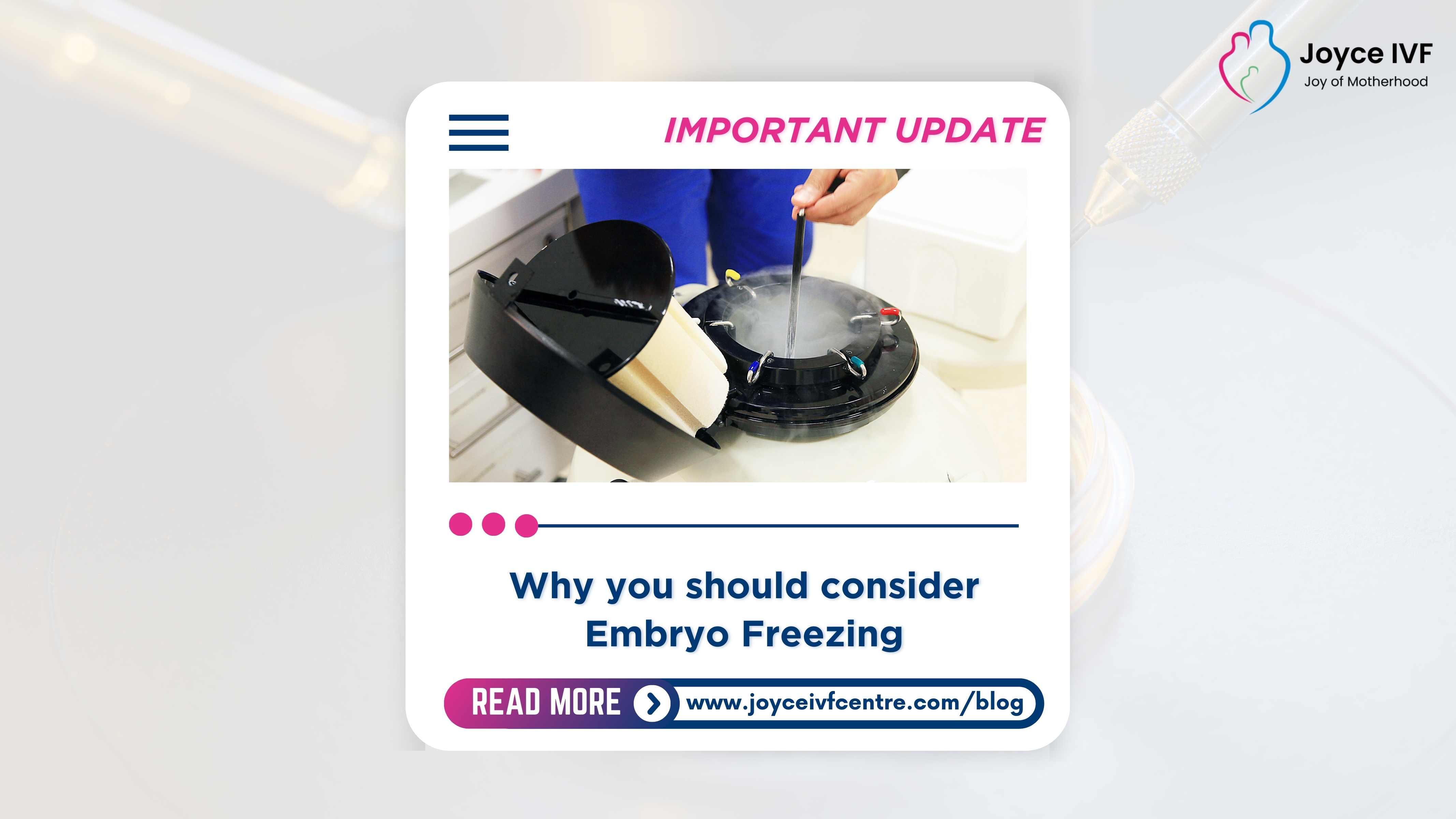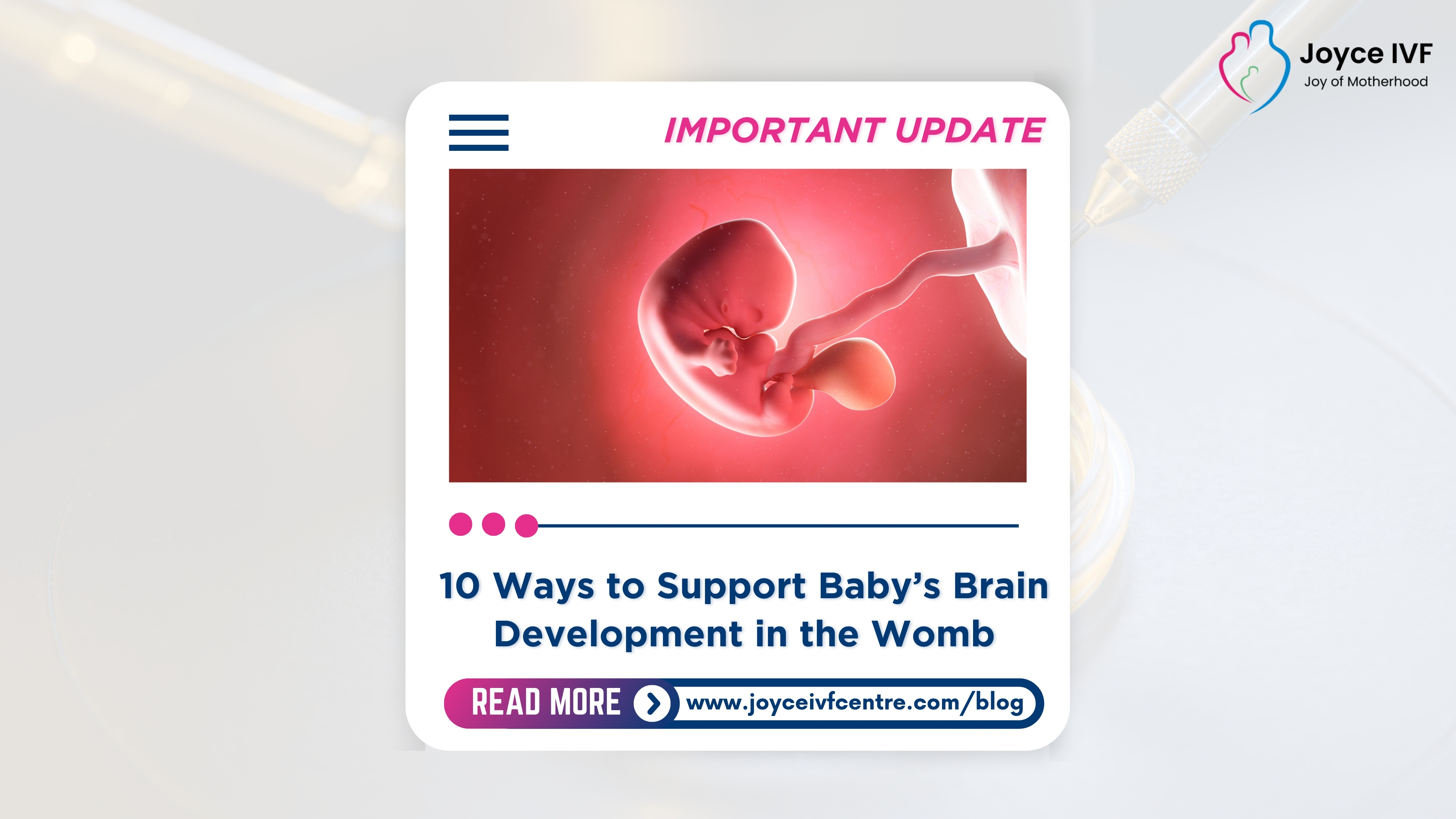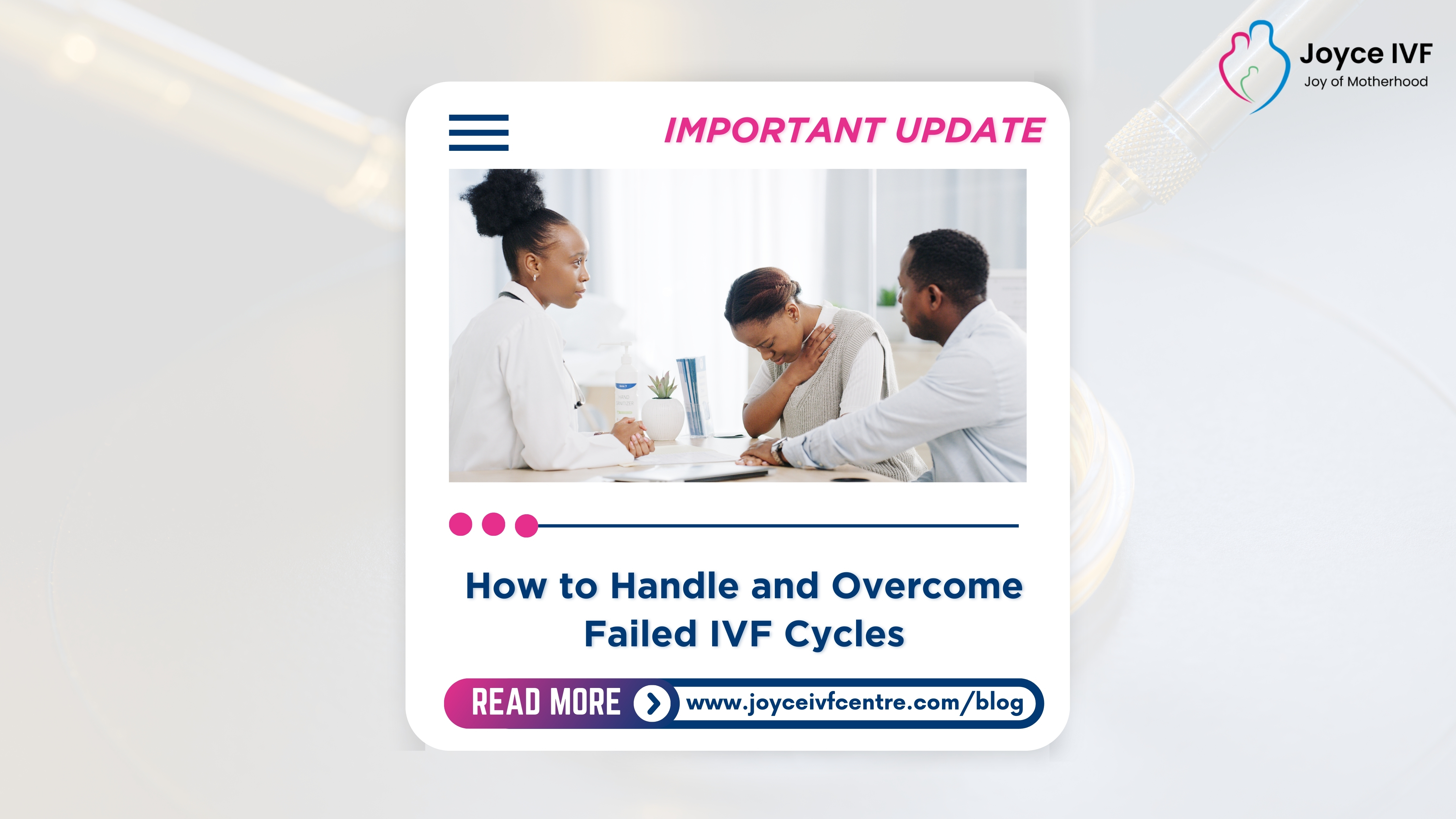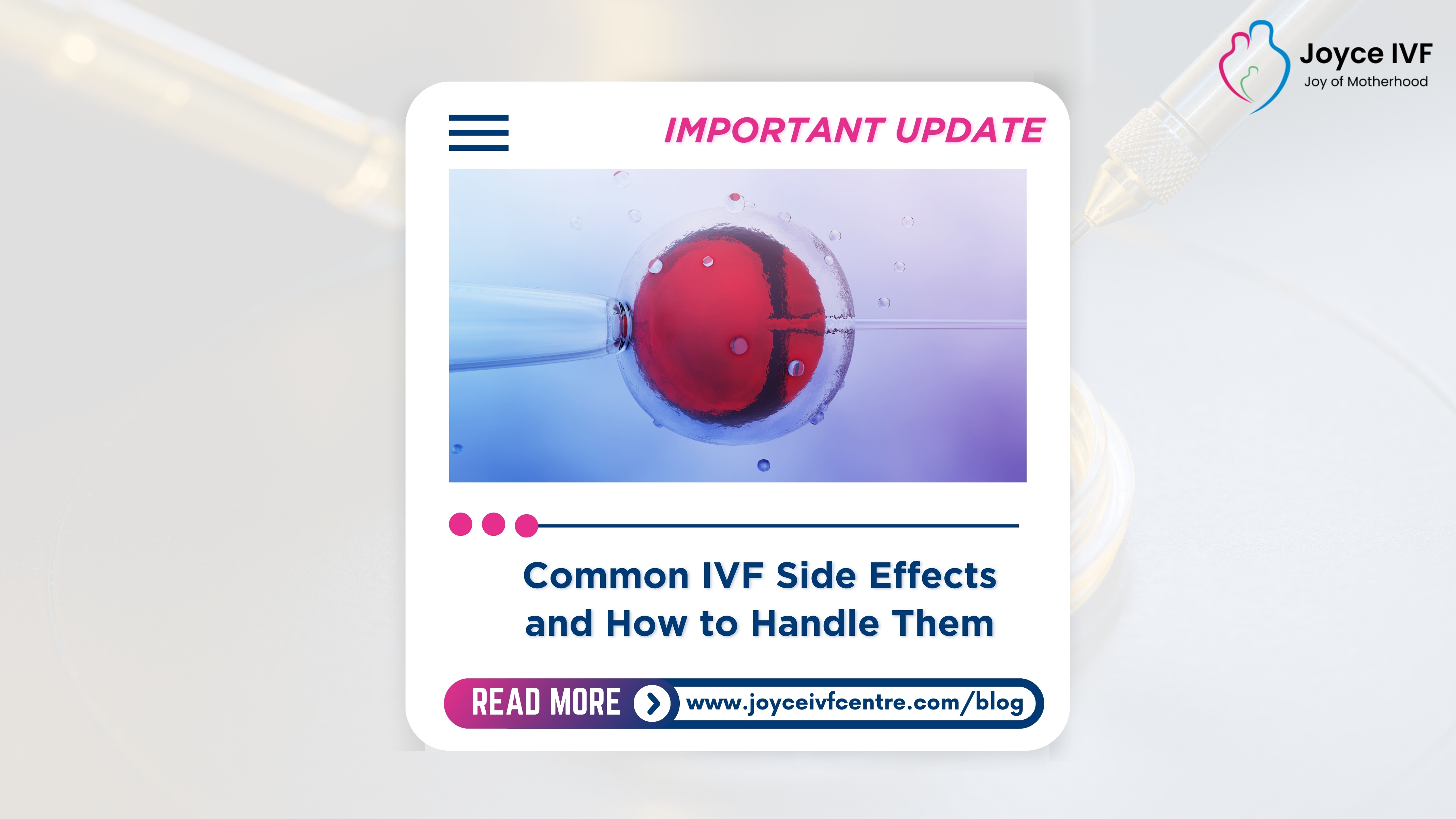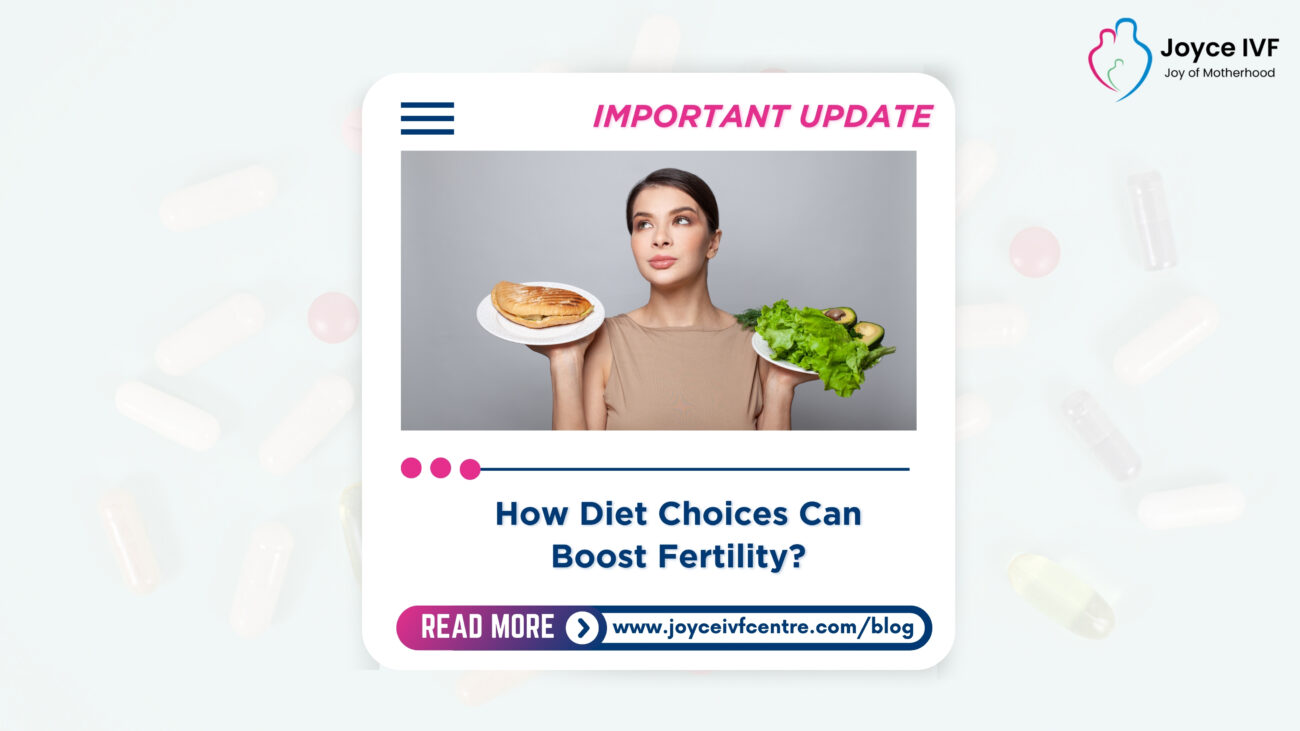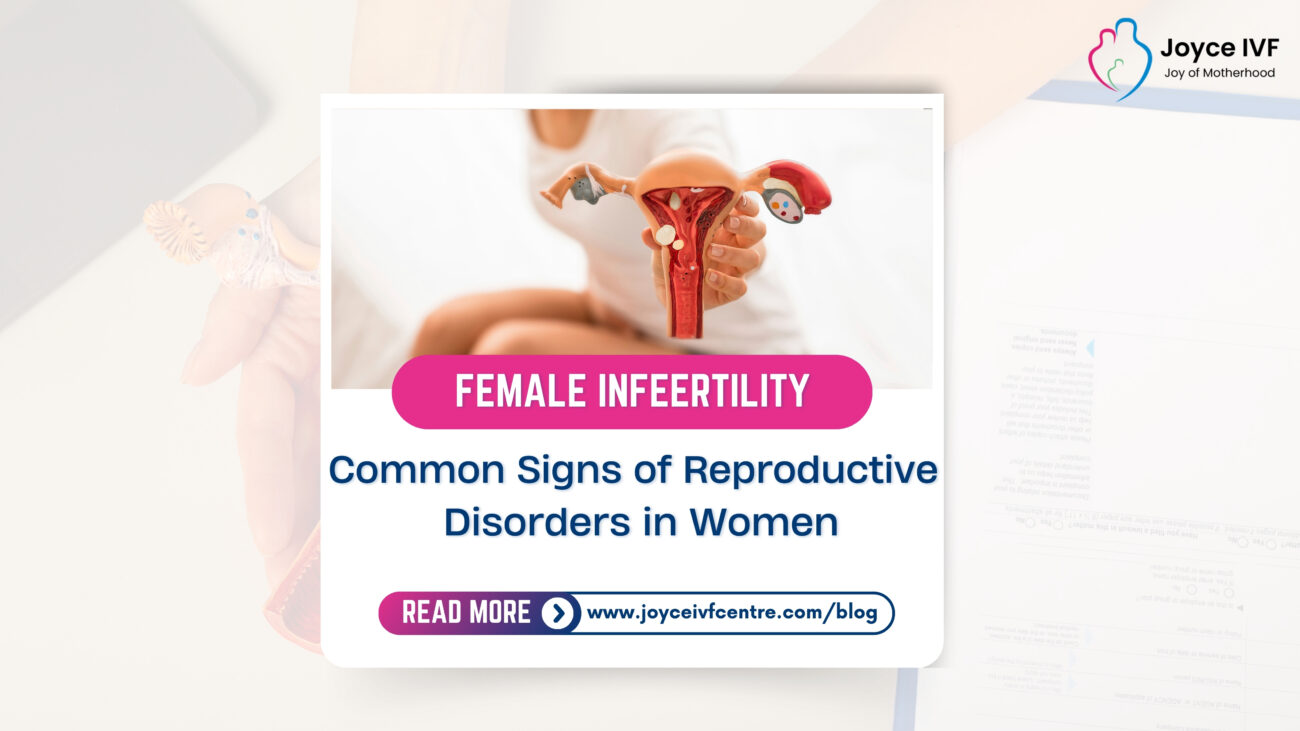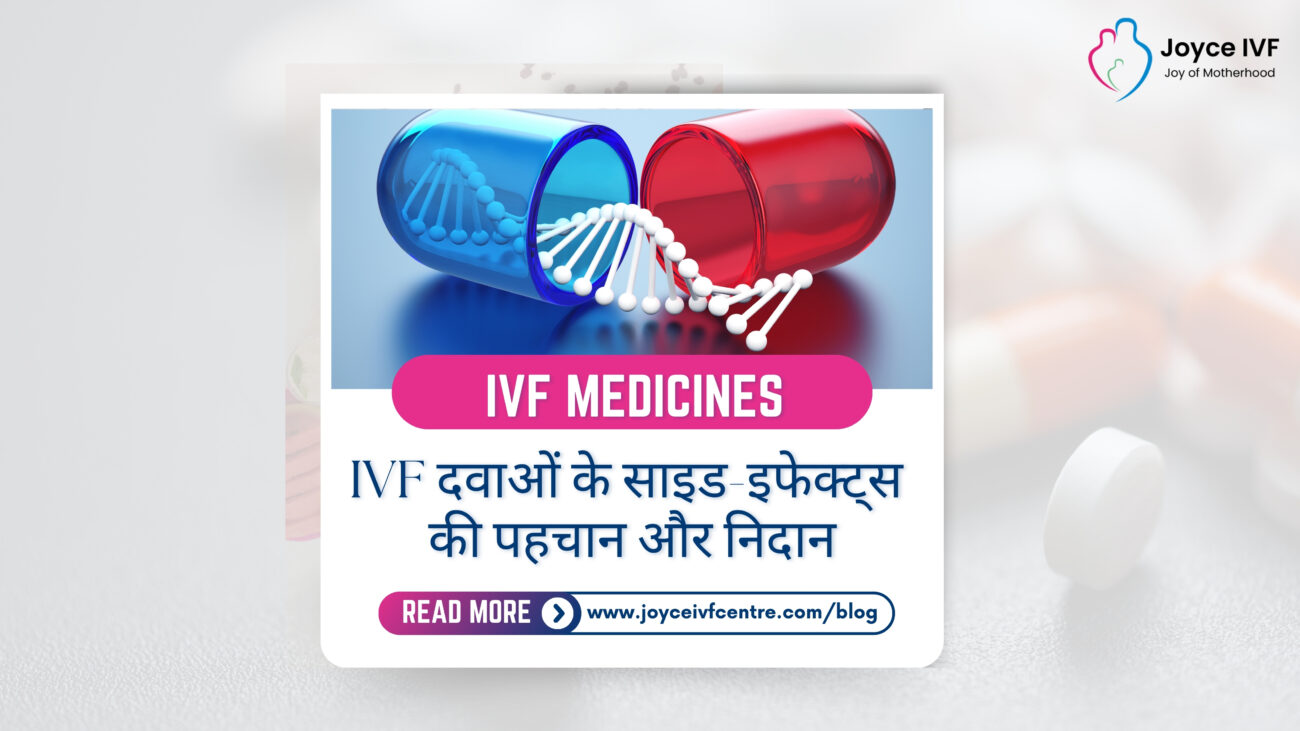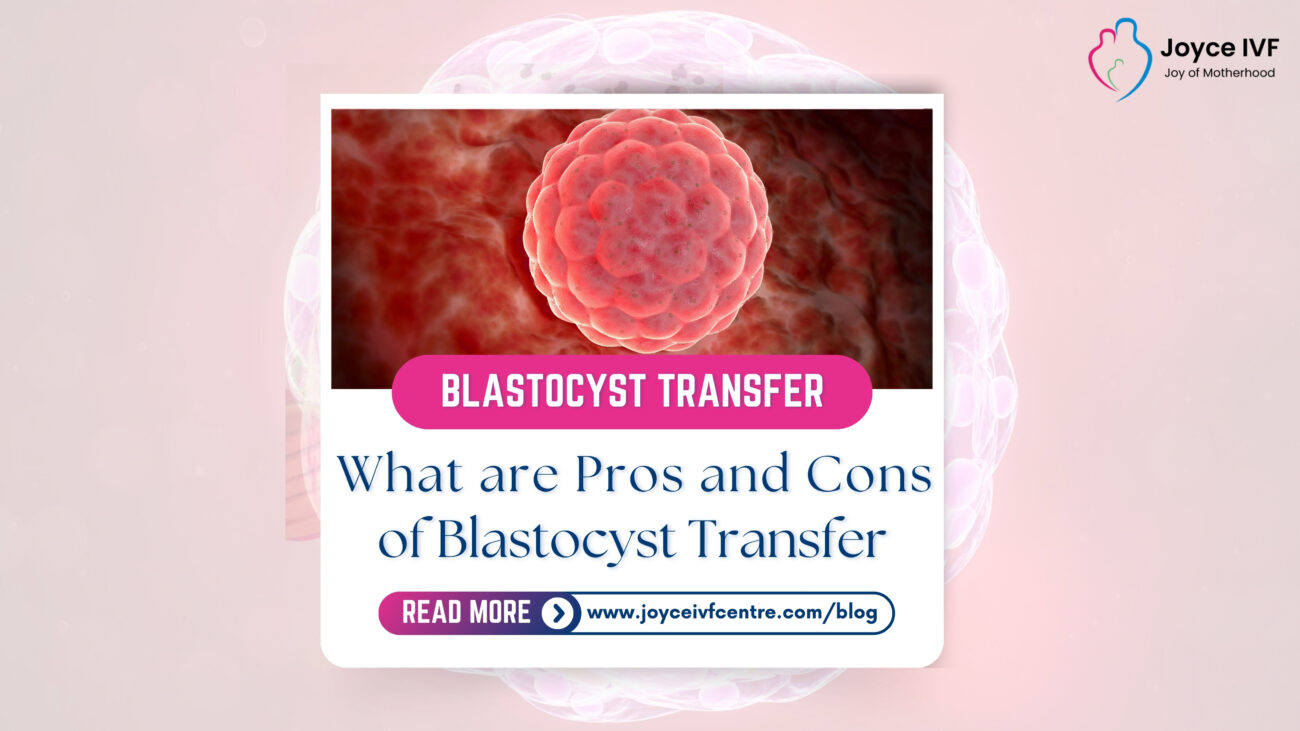Embryo transfer is a crucial step in the in vitro fertilization (IVF) process, and what you eat after this procedure can have a significant impact on the success of the treatment. In this article, we will discuss the top 10 foods that can help boost your IVF success rate after embryo freezing.
The Importance of Nutrition After Embryo Transfer:
Proper nutrition plays a key role in supporting the growth and development of the embryo after transfer. It is essential to consume foods that are rich in nutrients and promote a healthy environment for the embryo to thrive.
Top 10 Foods to Eat After Embryo Transfer:
- Avocados: Avocados are packed with monounsaturated fats, which are essential for hormone production and reproductive health. They also contain folate, a B-vitamin that is crucial for fetal development.
- Salmon: Salmon is a great source of omega-3 fatty acids, which are known to reduce inflammation and support embryo implantation. It is also rich in protein, which is essential for tissue repair and growth.
- Spinach: Spinach is a powerhouse of nutrients, including iron, which is essential for healthy blood flow to the uterus. It also contains folate, vitamin C, and antioxidants that promote overall reproductive health.
- Quinoa: Quinoa is a complete protein that contains all nine essential amino acids necessary for cell growth and repair. It is also rich in fiber, which supports healthy digestion and hormone balance.
- Berries: Berries are loaded with antioxidants, which help protect the cells from oxidative stress and improve egg quality. They are also low in sugar, making them a healthy snack option for women undergoing IVF.
- Greek Yogurt: Greek yogurt is a great source of protein and probiotics, which support gut health and immune function. It also contains calcium and vitamin D, which are essential for strong bones and overall reproductive health.
- Nuts and Seeds: Nuts and seeds are packed with healthy fats, protein, and essential nutrients like vitamin E and zinc, which are vital for fertility. They also provide a quick and convenient snack option for busy women.
- Leafy Greens: Leafy greens like kale, chard, and collard greens are rich in vitamins, minerals, and antioxidants that support overall reproductive health. They also contain folate, which is essential for fetal development.
- Sweet Potatoes: Sweet potatoes are a great source of beta-carotene, which is converted into vitamin A in the body and plays a crucial role in embryo development. They are also rich in vitamin C, which helps boost the immune system.
- Beans and Lentils: Beans and lentils are excellent sources of plant-based protein, fiber, and iron, which support overall reproductive health. They are also low in fat and cholesterol, making them a heart-healthy option for women undergoing IVF.
FAQ’s
What is Embryo Transfer?
Embryo transfer is the final step of the IVF process. After the eggs are retrieved from the ovaries and fertilized with sperm in a lab, the resulting embryos are cultured for a few days before being transferred into the woman’s uterus. This procedure is usually done 3 to 5 days after the eggs are retrieved.
How is Embryo Transfer Performed?
During the embryo transfer procedure, a thin, flexible tube called a catheter is loaded with the embryos and inserted through the cervix into the uterus. The embryos are then gently released into the uterine cavity. The entire process is usually quick and painless.
How Many Embryos Should be Transferred?
The number of embryos to transfer depends on various factors, including the woman’s age, the quality of the embryos, and any previous IVF attempts. Your fertility specialist will work with you to determine the best number of embryos to transfer to maximize the chances of a successful pregnancy while minimizing the risk of multiple pregnancies.
What Happens After Embryo Transfer?
After the embryos are transferred, you will be advised to rest for a short period before resuming normal activities. Your fertility clinic may also recommend certain lifestyle changes to optimize the chances of implantation and pregnancy. Approximately 10-14 days after the transfer, a pregnancy test will be conducted to determine if the procedure was successful.
Are There Any Risks Associated with Embryo Transfer?
While embryo transfer is generally a safe procedure, there are some risks involved. These may include infection, bleeding, and a small risk of an allergic reaction to the medications used during the process. Your fertility specialist will discuss these risks with you before the procedure.
How Successful is Embryo Transfer?
The success rate of embryo transfer varies depending on various factors, such as the woman’s age, the quality of the embryos, and any underlying fertility issues. On average, the success rate of IVF with embryo transfer is around 30% to 40% per cycle. However, success rates can vary significantly from person to person.
Conclusion:
Eating a healthy and balanced diet after embryo transfer can significantly improve your chances of a successful IVF outcome. By incorporating these top 10 foods into your daily meals, you can provide your body with the nutrients it needs to support embryo implantation and development. Remember to consult with your healthcare provider from IVF centre in Gurgaon or a nutritionist for personalized dietary recommendations tailored to your specific needs and goals.









